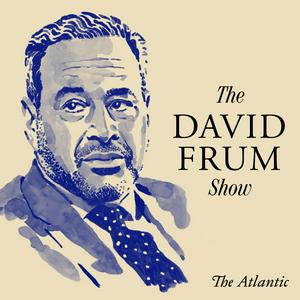On this week’s episode of “The David Frum Show,” David opens with a warning about President Trump’s escalating efforts to bend American institutions to his will. David explains how episodes including the Justice Department’s attempted prosecution of members of Congress, the political pressure on the Federal Reserve, and the campaign-style appeals delivered at Fort Bragg represent a systematic attempt to erode the guardrails of American democracy.
Then, David is joined by Mona Charen, a contributor at “The Bulwark” and longtime conservative commentator. Together, they reflect on their shared political evolution—from their early days as Reagan-era conservatives to their break with today’s Republican Party. They discuss what they believe they got right and what they got wrong, how Trump transformed the conservative movement, and why the version of conservatism they once believed in may be gone.
Finally, David discusses “My Early Beliefs,” the 1938 essay by John Maynard Keynes, and explores what Keynes’s reflections on changing one’s mind can teach us about political growth.
Get more from your favorite Atlantic voices when you subscribe. You’ll enjoy unlimited access to Pulitzer-winning journalism, from clear-eyed analysis and insight on breaking news to fascinating explorations of our world. Atlantic subscribers also get access to exclusive subscriber audio in Apple Podcasts. Subscribe today at TheAtlantic.com/Listener.
Learn more about your ad choices. Visit megaphone.fm/adchoices


